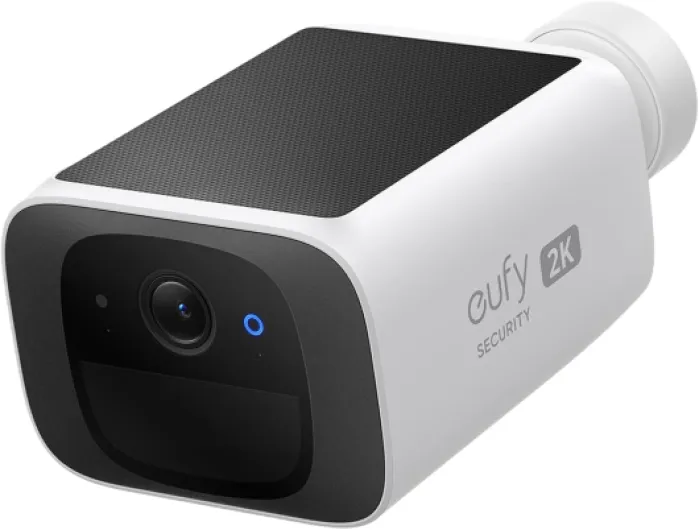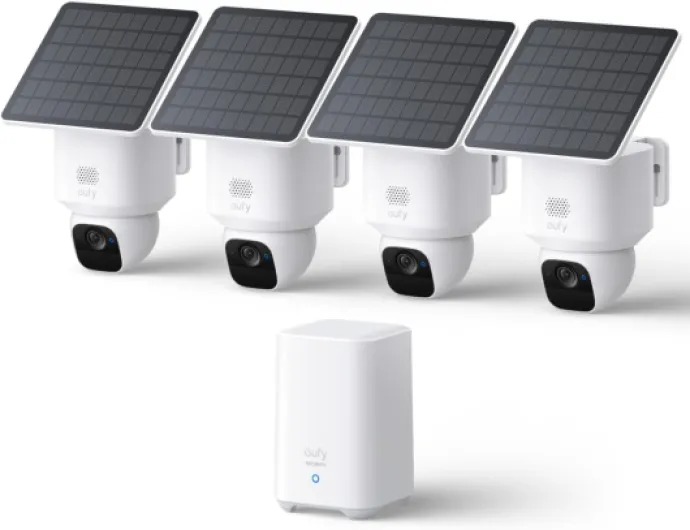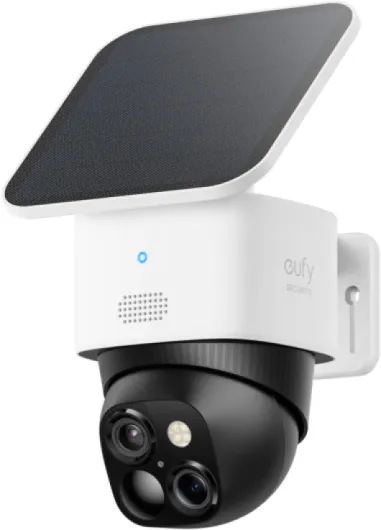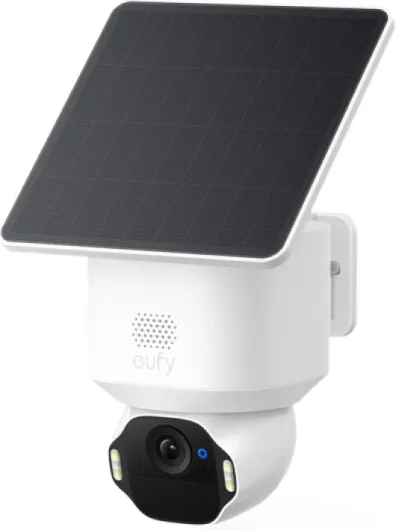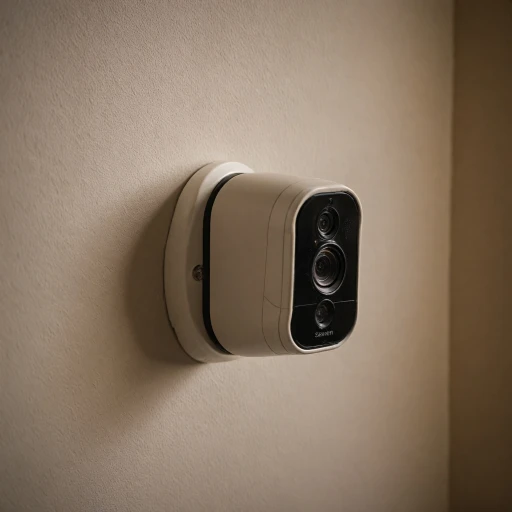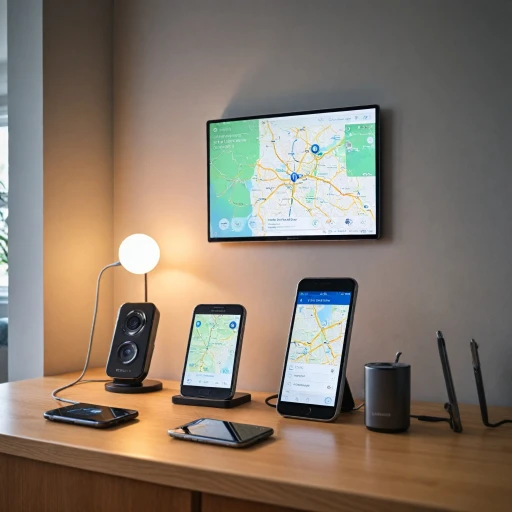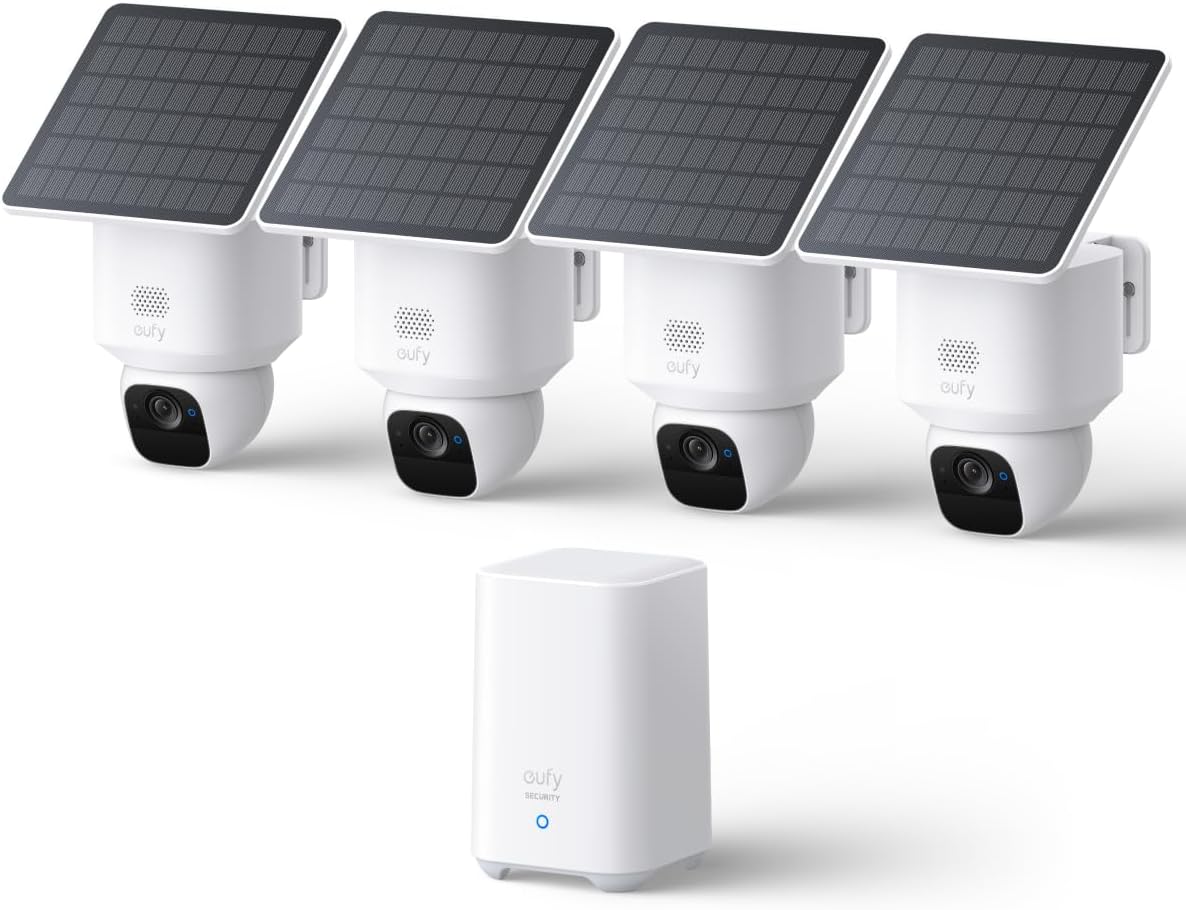
Understanding the Importance of Account Deletion
Why It Matters to Remove Your Eufy Account Properly
Understanding the importance of removing your Eufy account is crucial for various reasons, especially when considering the impact on personal security and data privacy. With the increasing reliance on smart devices and services, Eufy—among other manufacturers—collects personal data to enhance user experiences but also raises concerns about data security. In the digital age, where Eufy's products like the Eufy Homebase and Eufy smart scale connect to broader networks, managing how your data is stored and shared becomes vital. The collected data often includes more than you might initially suspect, extending to video footage from your security cameras, personal information tied to your email address, and even usage patterns stored locally or in the cloud. Maintaining control over who can access your data is a part of efficient security privacy management. This involves awareness of how cookies technologies and third-party accounts might share personal data beyond your understanding or control. Per Eufy's privacy policy, data shared with third parties, or stored in third-party cloud environments, can pose risks if not properly managed. If you've decided to delete your account, you're likely prioritizing your security and data privacy. In this light, completing this step ensures that your personal and sensitive information is not inadvertently accessed by unauthorized parties. Furthermore, by permanently removing your Eufy account, you not only safeguard your personal information but also stop any further data collection and access linked to your existing accounts or device data. For comprehensive guidance on how to ensure all integrated devices and services remain secure and operational, it's worthwhile exploring steps to disable your Ring camera safely, ensuring your security policy is aligned with your privacy goals.Steps to Delete Your Eufy Account
Procedure for Removing Your Eufy Account
Deleting your Eufy account is a process that involves several specific steps to ensure all your personal data is no longer accessible or stored within Eufy's systems. Following the proper guidelines is crucial to maintain security and privacy around your personal information and any related products or services you may have used.
Here is a step-by-step guide to help you navigate through the process effectively:
- Login to Your Account: Access your Eufy account using your email address and password. This is typically done through the Eufy application or the official URL.
- Navigate to Account Settings: Once logged in, go to the account settings option where you can manage your account preferences and settings.
- Request Account Deletion: Look for the option to delete your account. This may involve contacting Eufy's customer support to initiate the account deletion request. Be prepared to verify your identity to comply with applicable laws and Eufy's privacy policy.
- Confirm Deletion Authorization: Usually, Eufy will send a confirmation email. Ensure you verify any links provided to authorize the account deletion.
- Check for Residual Data: After receiving confirmation of your account deletion, ensure that your personal data, such as video recordings and account details, have been successfully deleted from Eufy's cloud or local storage options.
In completing these steps, you should be aware of the implications for your Eufy-connected devices like cameras or Eufy Homebase. Video footage and data stored locally on your device will also need to be managed and deleted manually if necessary.
Ensuring that your account no longer collects your personal information through linked third party integrations or party accounts is essential for comprehensive security privacy.
For more detailed information on safeguarding your devices post-deletion, you can explore how to monitor unsecured cameras safely.
Potential Challenges in Account Deletion
Potential Hindrances When Trying to Delete Your Account
Dealing with the process of deleting a Eufy account isn't always straightforward. Here are some potential challenges users might face:- Access and Verification: It's crucial to ensure that you have access to the email address associated with your Eufy account. Verification processes often require you to confirm your identity via your registered email before proceeding with account deletion.
- Data Persistence: Once the account is queued for deletion, there might still be a period during which personal data remains in their systems. Compliance with applicable law means that certain data may be retained temporarily even after account deletion, to accommodate audit or legal requirements.
- Associated Products and Services: If your Eufy products, such as cameras or smart scales, are linked to your account, deleting it could result in those devices losing their internet-based functionalities. This includes access to cloud services and storage, potentially affecting the functionality of local storage and third parties integration.
- Subscription and Third-Party Integrations: It's possible that subscriptions linked to third-party accounts may need to be cancelled separately. Eufy's privacy policy dictates that your cookies and data collected permissions via third parties may require independent review to ensure you're not inadvertently sharing personal data.
- Data Collection and Privacy: There's a concern about how deletion might affect video footage and collected personal data stored in the cloud. Users need to be clear how and what information is deleted or retained.
Impact on Home Security System
Effects on Your Home Security System
Choosing to delete your Eufy account can have significant implications on your home security setup. Before proceeding with the account deletion, consider these important aspects:- Access to Devices and Data:
- Impact of Local Storage and Cloud Services:
- Third-Party Integrations and Privacy Technologies:
- Potential Data Collection Concerns:
Privacy Considerations for Home Security Cameras
Privacy Concerns with Home Security Cameras
When considering the deletion of your Eufy account, it's crucial to understand the privacy implications associated with home security cameras. These devices, while offering enhanced security, also collect a significant amount of personal data. This includes video footage, which is often stored either locally on the device or in the cloud.
Many users are unaware that their security cameras can collect personal information beyond just video. This can include data such as email addresses, device usage patterns, and even cookies technologies that track user behavior. Eufy, like many other companies, outlines these practices in their privacy policy, but it's essential for users to be proactive in understanding how their data is used and shared.
Data Storage and Access
One of the key considerations is how your data is stored and who has access to it. Eufy products offer both local storage options, such as the Eufy HomeBase, and cloud storage solutions. While local storage can provide more control over your data, cloud storage often involves third parties, which can introduce additional privacy risks.
It's important to note that when you delete your Eufy account, the associated data, including video footage and personal information, may not be immediately deleted from all storage locations. Users should verify with Eufy and review their privacy policy to understand the retention period for deleted data.
Sharing Data with Third Parties
Another aspect to consider is the sharing of personal data with third parties. Eufy, like many companies, may share data with third parties for various reasons, including improving their products services or complying with applicable law. Users should be aware of these practices and consider how comfortable they are with their data being shared beyond the initial service provider.
In conclusion, while Eufy security cameras offer valuable innovations technology for home security, users must remain vigilant about their privacy. Understanding how your data is collected, stored, and shared can help you make informed decisions about your home security setup.
Alternatives to Eufy for Home Security
Exploring Other Options for Home Security
When considering an alternative to Eufy, it's crucial to look at the wide array of products and services offered by other brands. While Eufy has its advantages, such as local storage capabilities and a reputation for good user support, some users may seek options that enhance security or offer additional features. Here are a few alternatives worth considering:- Ring: Known for its innovation in security technology, Ring offers a variety of devices that can integrate seamlessly into your existing home security system. With cloud storage options, it allows you to access video footage from any device, although this may raise concerns about data collected by third-party services.
- Arlo: Arlo stands out with its comprehensive products and services which focus heavily on wireless technology. This can be appealing if you prioritize ease of installation. Arlo's privacy policy is clear about the data they collect and how personal data, including video footage, is stored.
- Wyze: Known for its affordability, Wyze offers smart home solutions that retain essential security features. Although Wyze also collects personal data and utilizes cookies technologies, the cost-effectiveness often compensates for potential privacy concerns.

